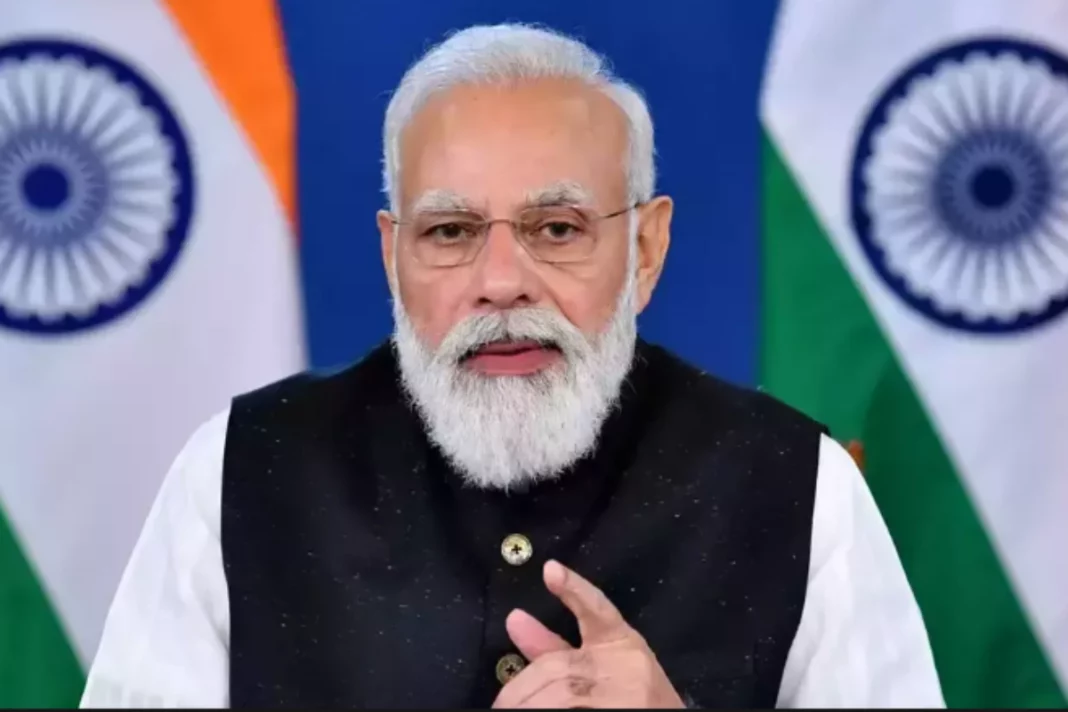Fertilizer Subsidy: The Union cabinet, chaired by Prime Minister Narendra Modi, has given its approval for a subsidy of ₹22,303 crore to support various fertilizers used during the rabi or winter-sown season. This subsidy is part of the Centre’s nutrient-based subsidy (NBS) scheme and aims to keep fertilizer prices stable.
Indian Government Approves ₹22,303 Crore Fertilizer Subsidy to Stabilize Prices for Rabi Season
The subsidy will benefit farmers who cultivate a wide range of winter-sown crops, including wheat, lentils, legumes, millets, vegetables, and oilseeds like mustard. Under the NBS policy, the government annually provides a fixed rate of subsidy on a per-kilogram basis for crop nutrients containing nitrogen (N), phosphate (P), potash (K), and sulfur (S).
Fertilizer companies typically sell their products to farmers through internet-enabled rural outlets at a discounted rate. The government then compensates the firms for the difference between market rates and the discount offered to cultivators. Affordable fertilizers are essential for India’s food security and successful harvests, as nearly half of the country’s annual food supply comes from winter-sown crops.
Union budget for 2023-24 had initially allocated ₹1.75 lakh crore for fertilizer subsidies
The Union budget for 2023-24 had initially allocated ₹1.75 lakh crore for fertilizer subsidies in February. However, as global crop-nutrient rates have stabilized, actual full-year spending may increase if rates rise. Information and Broadcasting Minister Anurag Thakur assured that the government would manage subsidies to prevent farmers from bearing the burden. India relies on imports to meet its total fertilizer demand, and the move aims to ensure price stability for these crucial agricultural inputs.
Also Read: ABC sends Chandrababu Naidu to 14-day judicial remand in corruption case
Keep watching our YouTube Channel ‘DNP INDIA’. Also, please subscribe and follow us on FACEBOOK


